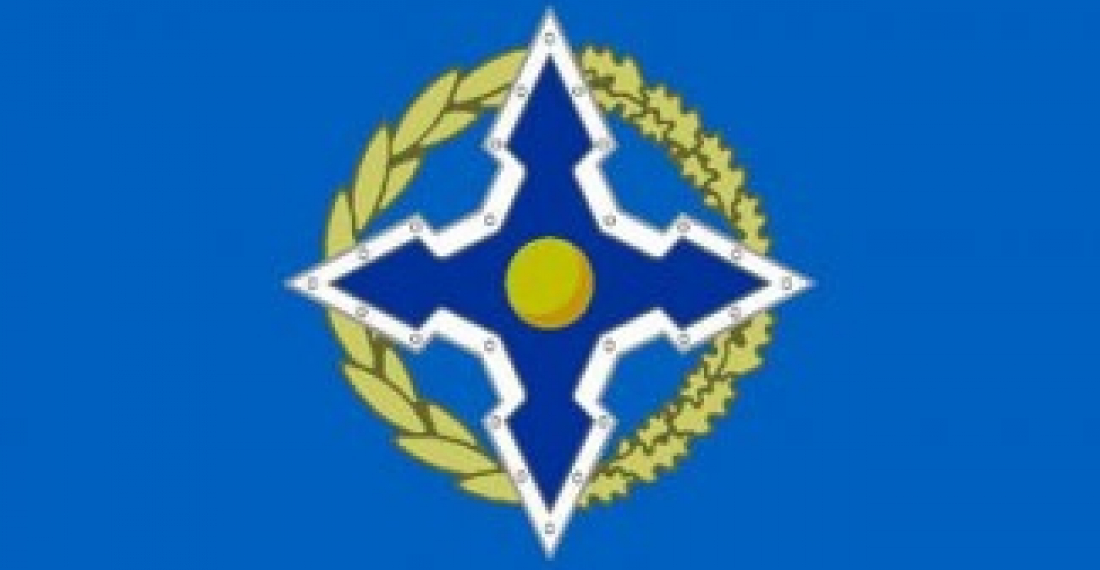БАКУ, 27 май - 1NEWS.AZ
Главы МИД ОДКБ подписали заявление, в котором отражены подходы к нагорно-карабахскому урегулированию и ситуации вокруг иранской ядерной программы, сообщил в понедельник по итогам заседания в Бишкеке министр иностранных дел России Сергей Лавров.
"Главы МИД подписали заявление по ключевым международным делам, в котором отражены подходы к сирийскому кризису, к состоянию дел вокруг иранской ядерной программы, положению вокруг Афганистана, нагорно-карабахскому урегулированию, другим актуальным делам", — сказал министр.
По его словам, на совместном заседании глав МИД, министров обороны и секретарей советов безопасности были рассмотрены задачи укрепления механизмов коллективной безопасности и развития миротворческих механизмов по линии коллективных сил оперативного реагирования.
"Уже проводятся регулярные учения. В прошлом году они прошли в Армении, в этом предстоят в Белоруссии. По миротворчески вопросам учения также запланированы в этом году в Чебаркуле. Подписаны документы, которые направлены на дальнейшее совершенствование правовой базы и практических механизмов миротворческих операций", — добавил Лавров.
"По Афганистану мы говорили о необходимости выполнять решения, которые зафиксированы в документах, подписанных ранее главами государств (ОДКБ). Это план мероприятий по подготовке к отражению угроз безопасности в зоне ответственности ОДКБ, анализ ситуации и прогноз ее развития", — сказал министр.
Лавров добавил, что был также подписан План консультаций в области внешней политики, безопасности и обороны на второе полугодие 2013 — первое полугодие 2014 года.
РИА Новости
News
1News.az: Главы МИД ОДКБ подписали совместное заявление по нагорно-карабахскому урегулированию







